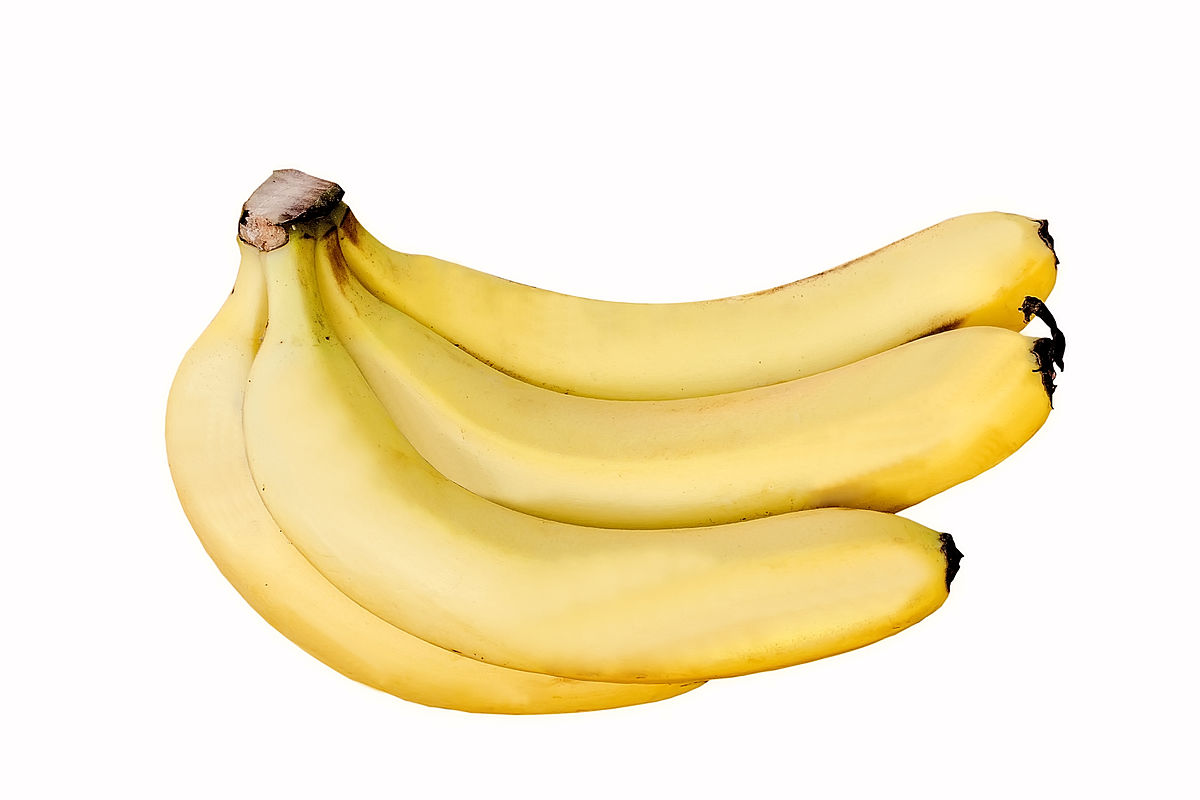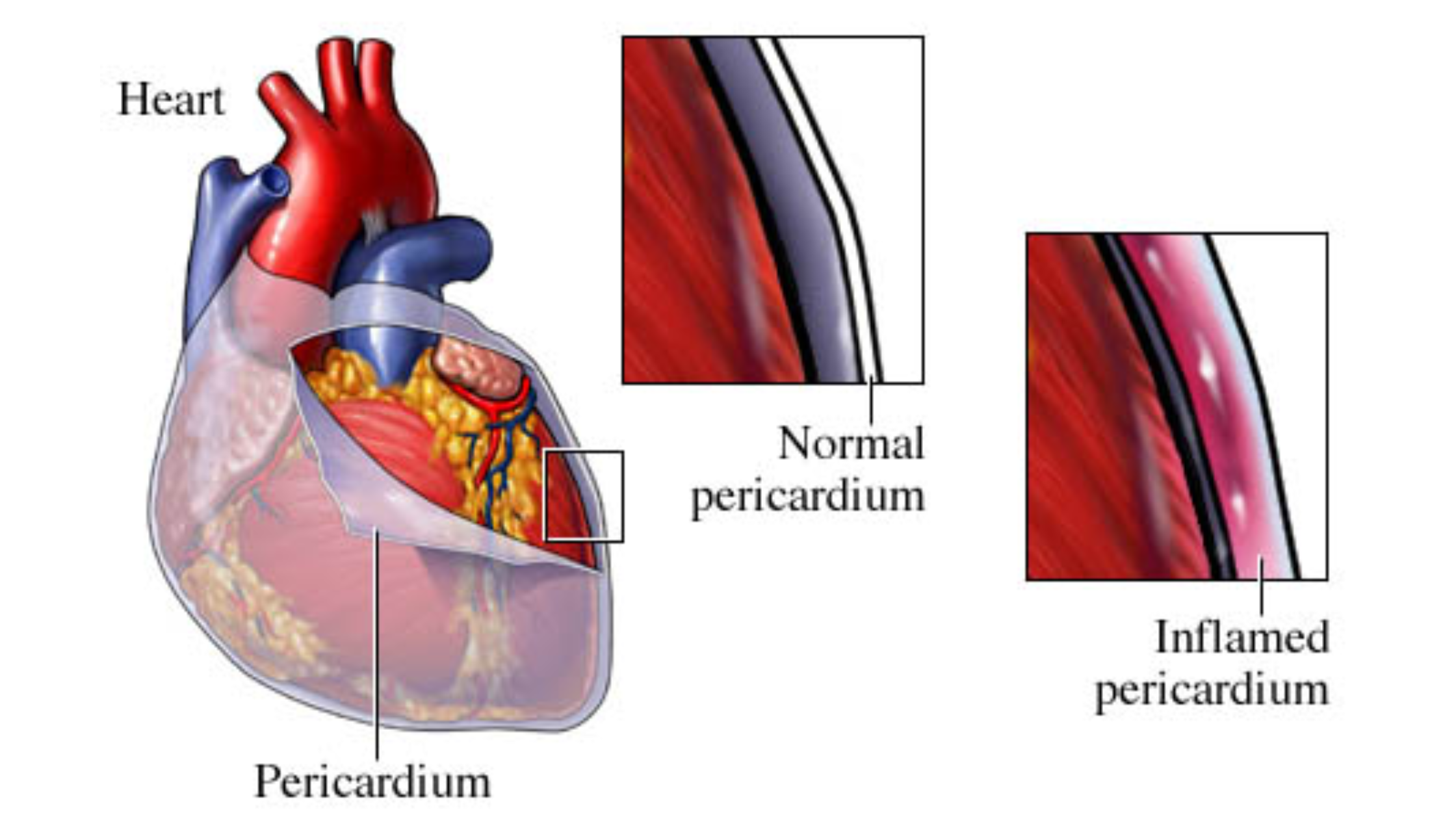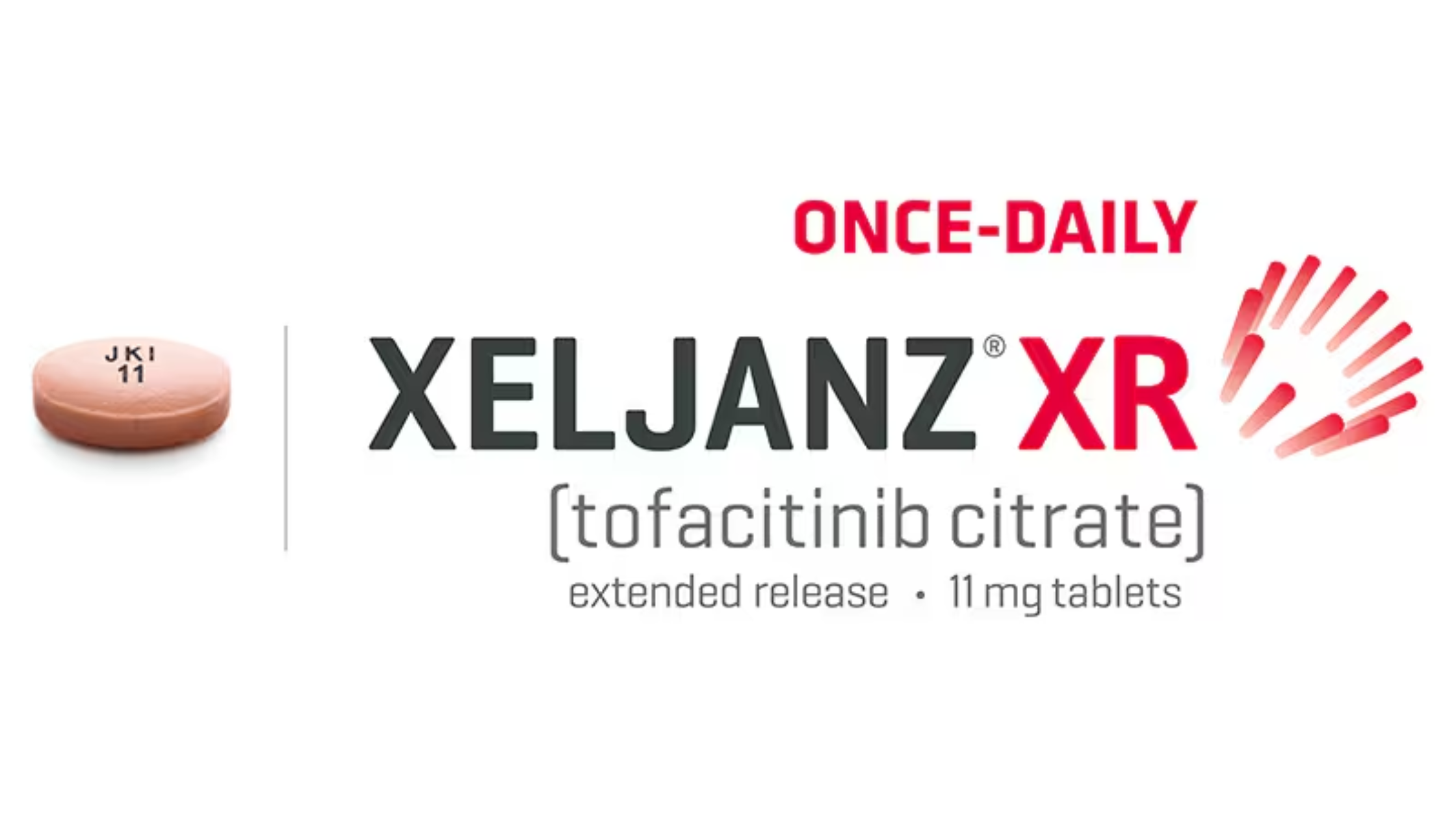Let’s explore the approved list of foods to avoid while taking Entresto to prevent adverse effects and ensure you have optimal heart failure management. Backed by clinical evidence and professional medical guidelines.
1. High-Potassium Foods
Entresto contains valsartan, an ARB (angiotensin receptor blocker), which can increase potassium levels in the blood. Elevated potassium (hyperkalemia) can cause dangerous heart rhythms, muscle weakness, or even sudden cardiac arrest.
Foods High in Potassium to Avoid or Limit
- Bananas
- Oranges and orange juice
- Avocados
- Tomatoes
- Spinach
- Sweet potatoes
- Potatoes
- Coconut water
- Dried fruits like apricots and raisins
Clinical Evidence
According to the American Heart Association (AHA) and FDA prescribing guidelines for Entresto, potassium levels should be monitored regularly in patients taking the drug, and a low-potassium diet may be advised.
🩺 Clinical Source: FDA Entresto Prescribing Information, 2023 – Warning on hyperkalemia risk and need for dietary monitoring.
2. Salt Substitutes Containing Potassium Chloride
Why to Avoid:
Most “low-sodium” or “heart-healthy” salt substitutes use potassium chloride instead of sodium chloride. This substitution, while well-intended, can be dangerous for Entresto users by amplifying the risk of hyperkalemia.
Hidden Sources:
- Morton® Salt Substitute
- NoSalt®
- Lite Salt®
- Processed foods labeled “low-sodium”
Doctor’s Advice:
Always check ingredient labels and consult a cardiologist or renal dietitian before switching to a salt alternative.
Important Note: Even small increases in dietary potassium can lead to toxicity in susceptible patients on Entresto.
3. Excessively Salty Foods (Despite No Direct Interaction)
Why to Limit:
Though Entresto itself does not interact chemically with sodium, high-salt foods counteract its heart failure benefits. Sodium increases fluid retention, raises blood pressure, and burdens the heart—all outcomes Entresto is prescribed to reverse.
Foods to Watch Out For:
- Canned soups
- Fast food and take-out
- Processed meats (bacon, ham, sausages)
- Pickles and olives
- Chips and salted snacks
- Cheese (especially processed)
Clinical Guidance:
According to the American College of Cardiology (ACC) and Heart Failure Society of America (HFSA), heart failure patients should consume less than 2,000 mg of sodium per day.
Medical Source: 2022 ACC/AHA/HFSA Heart Failure Guidelines – Emphasis on sodium restriction in pharmacological management.
4. Grapefruit and Grapefruit Juice
Why to Avoid:
Although grapefruit is not listed as a contraindicated food in Entresto’s official monograph, caution is advised. Grapefruit interferes with many drug-metabolizing enzymes, particularly CYP450 enzymes, which can unpredictably alter medication effectiveness or toxicity.
Status:
- No direct interaction proven with Entresto.
- But due to known interference with many cardiovascular drugs, it’s wise to avoid grapefruit unless cleared by your prescribing physician.
Professional Insight: Better safe than sorry—opt for other fruits like apples, berries, or pears.
5. Alcohol
Why to Limit or Avoid:
Alcohol can:
- Lower blood pressure too much when combined with Entresto.
- Worsen heart failure symptoms through dehydration, arrhythmias, or fluid overload.
- Impair liver function, which is vital for metabolizing many drugs.
Professional Recommendation:
- Limit to moderate consumption if approved by your cardiologist (typically 1 drink/day for women, 2 for men).
- Avoid completely if you have advanced heart failure or prior alcohol-induced cardiomyopathy.
Important Clinical Note: Alcohol isn’t a food, but its role in negating Entresto’s therapeutic benefits is clinically significant.
6. Licorice (Especially Black Licorice)
Why to Avoid:
Licorice contains glycyrrhizin, which can:
- Raise blood pressure
- Cause sodium retention
- Lead to potassium loss
This opposes Entresto’s mechanism and may worsen heart failure or trigger arrhythmias due to potassium imbalance.
Warning: Even herbal teas, candies, and supplements may contain licorice root—always check the label.
Summary Table: Foods to Avoid While Taking Entresto
| Food Type | Examples | Why to Avoid |
|---|---|---|
| High-potassium foods | Bananas, avocados, spinach, tomatoes | Risk of hyperkalemia |
| Potassium-based salt substitutes | NoSalt®, Lite Salt®, Morton® Salt Substitute | Can cause dangerously high potassium |
| Salty/processed foods | Canned soup, deli meat, chips, fast food | Worsens fluid retention and hypertension |
| Grapefruit | Fresh fruit, juice | May interfere with drug metabolism |
| Alcohol | Wine, beer, spirits | Lowers BP and worsens heart failure |
| Licorice | Herbal teas, candies | Raises BP, lowers potassium |
Professional Tips for Patients on Entresto
- Request a referral to a heart failure dietitian – They can tailor a low-sodium, low-potassium meal plan.
- Monitor your blood pressure and potassium levels regularly – Especially during dose adjustments.
- Stay hydrated—but not overhydrated – Fluid restriction might be advised for advanced heart failure.
- Report signs of high potassium:
- Muscle weakness
- Irregular heartbeat
- Numbness or tingling
While Entresto offers powerful benefits in heart failure treatment, certain foods can undermine its safety and effectiveness. High-potassium, high-sodium, and enzyme-inhibiting foods should be approached cautiously—or avoided altogether. Always consult your cardiologist or pharmacist before making dietary changes, especially if you’re managing complex health conditions like heart failure.
Entresto is a powerful antidote to heart failure decompensation—but only when paired with mindful nutrition and clinical oversight.
If you’re currently taking Entresto and unsure about your diet, schedule a consultation with your doctor today. Proper nutrition isn’t just support—it’s a vital part of your treatment.




